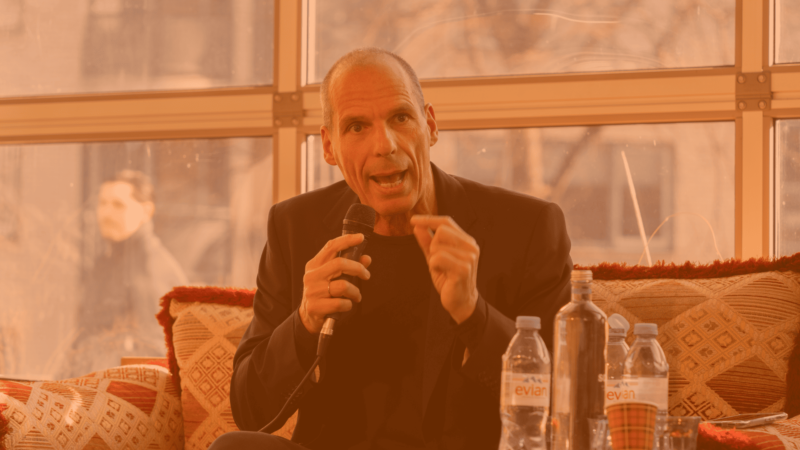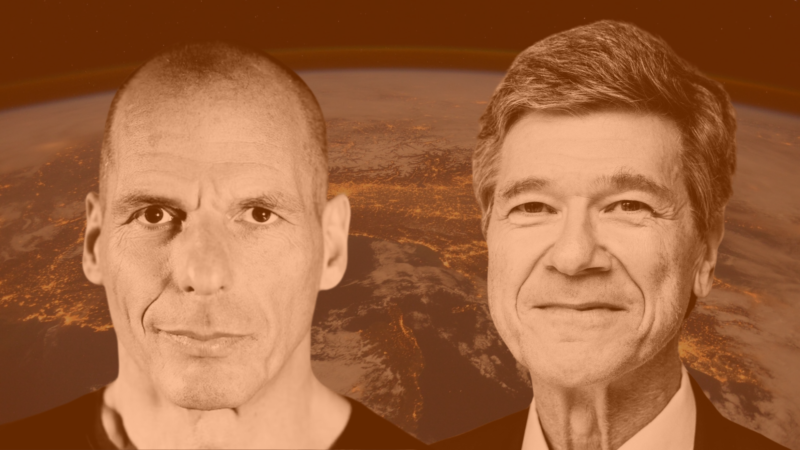Tension, pressure, anxiety, and strain, etc. are increasingly felt by many of us. While the precariat is always growing, many are discovering a new dimension of capitalist pressure that, for most, has hitherto been confined to a more private sphere.
In our current political economy, capitalist social relations have been gaining momentum at an accelerated rate, and since the COVID-19 crisis, a new reality has emerged; one in which time and space cease to exist.
As a result of the pandemic, face-to-face social interaction has largely been eradicated, which has exacerbated symptoms of already-increasing social disintegration.
In the name of cushioning the weight of loneliness due to de-socialisation and enforced self-isolation, and in the name of the preservation of the imperative of profit, the digital world has been promoted to an unprecedented degree. The accrual of capital is a restless movement that cannot be stopped or questioned, for fear of preventing its inexorable march forward. Pandemic or not, profit was paramount, and digital penetration was the way.
The digital sphere was the only escape in a world of mandatory self-isolation and house-arrest. However, continuous online engagement cannot replicate the experience of in-person interactions, nor facilitate the creation of enduring social bonds. Social media have indeed enabled people to keep in touch with one another during the restrictions imposed over the last year, however, the replacement of physical social interaction with a digital kind represents not an augmentation of the former, but an entirely new social existence.
Neoliberalism has destroyed the collective force of social relations that constitute our social lives. Social atomisation or, in other words, the reduction of individuals into consumers, has shattered social association. In its place, a purer, less complicated relationship between individuals and commodities has emerged. Products have ceased to be objects used by human beings, instead, human beings have become the product itself. Whereas once the product was the subject and the person the object, the roles have now been reversed.
This consumer identity and culture of individualism is a self-reinforcing relationship, and when a group is fragmented into merely a collection of individuals as opposed to an interconnected and deeply bonded community, it becomes weak and easily dominated by the prevailing powers.
The capacity for empathy is inversely proportional to the deepening of de-socialisation. The more lonely and the more isolated one becomes, the more unable one is to feel another’s pain and perceive one’s self relative to that person. Empathy is not an unconditional human quality, but one that arises as a result of a particular kind of human relationship, one that requires physical socialisation and reciprocity. Digital relationships are effectively now merely relationships between autonomous, inorganic entities, with people their mere fuel.
The supposed remedy to capitalist relations through digitalisation as a result of a crisis that, as it was claimed, would bring the eternal movement of capital to a halt, now appears simply, and far more tragically, the greatest act of human alienation to date.
Do you want to be informed of DiEM25's actions? Sign up here















